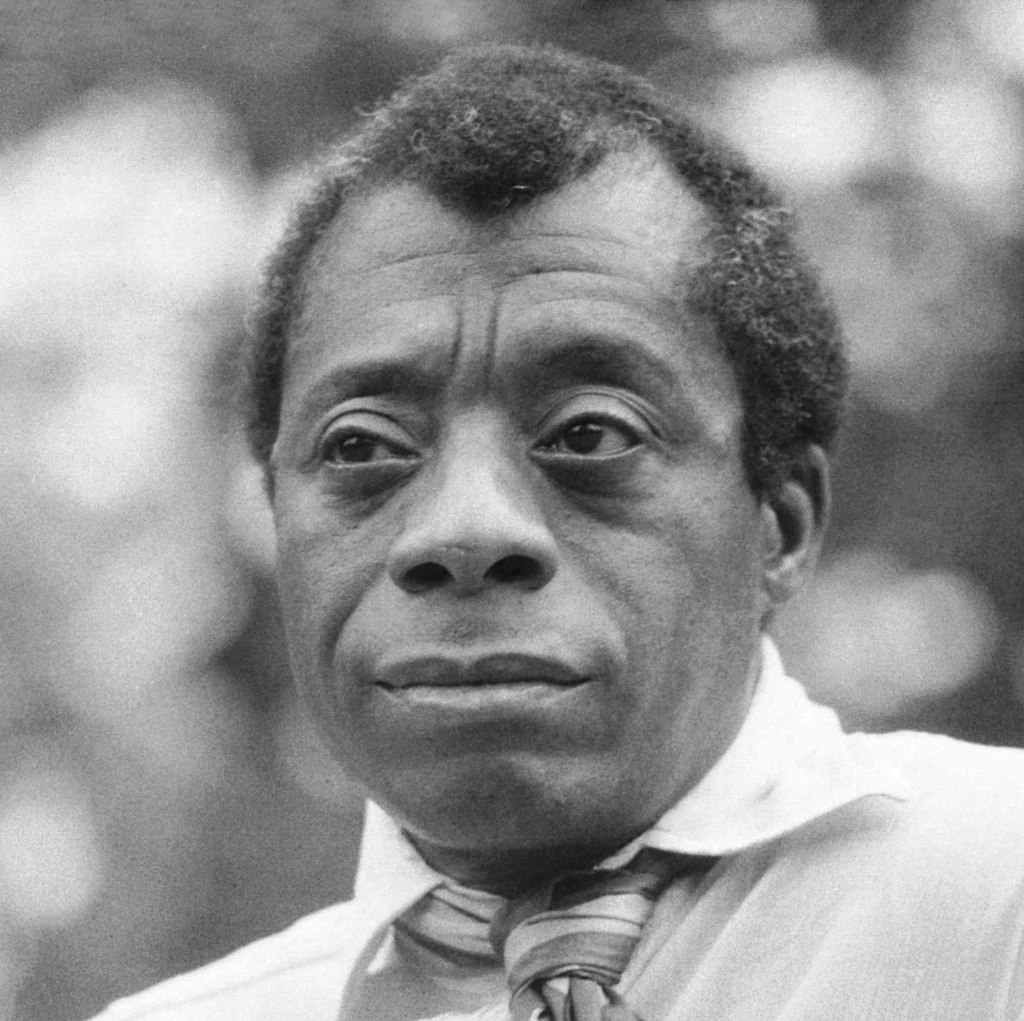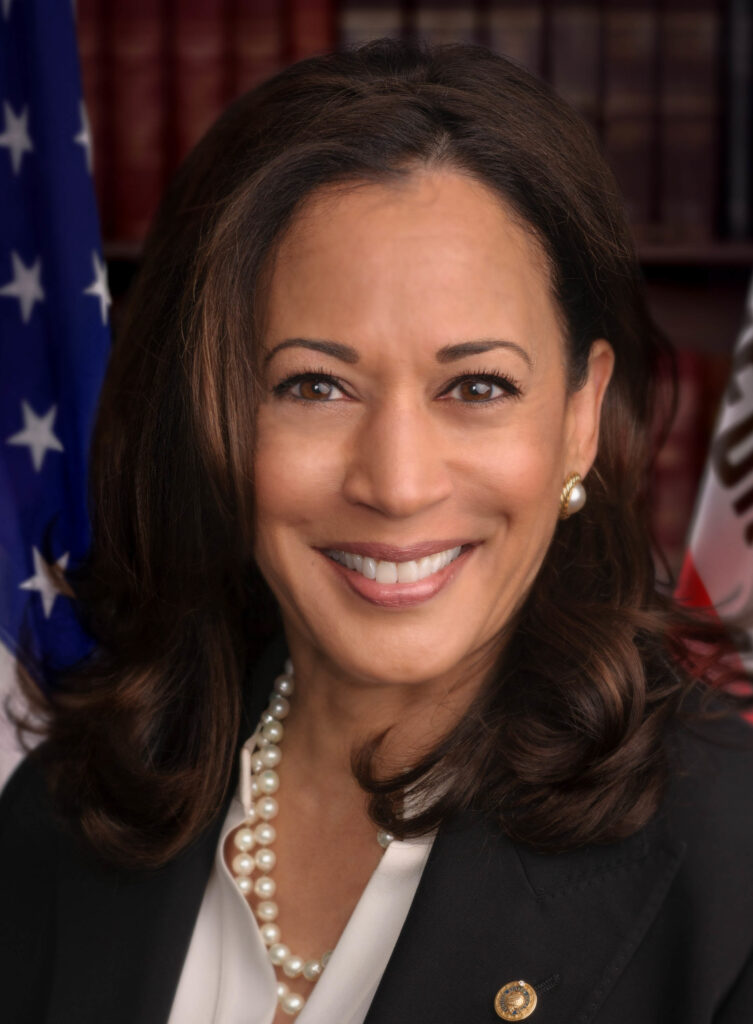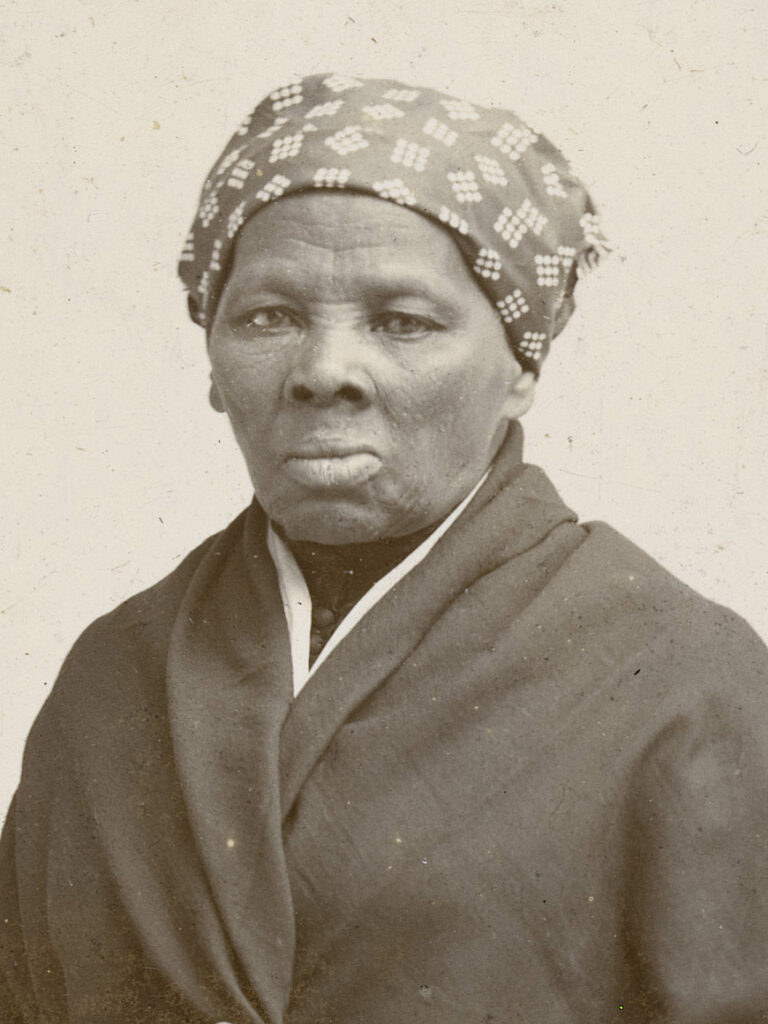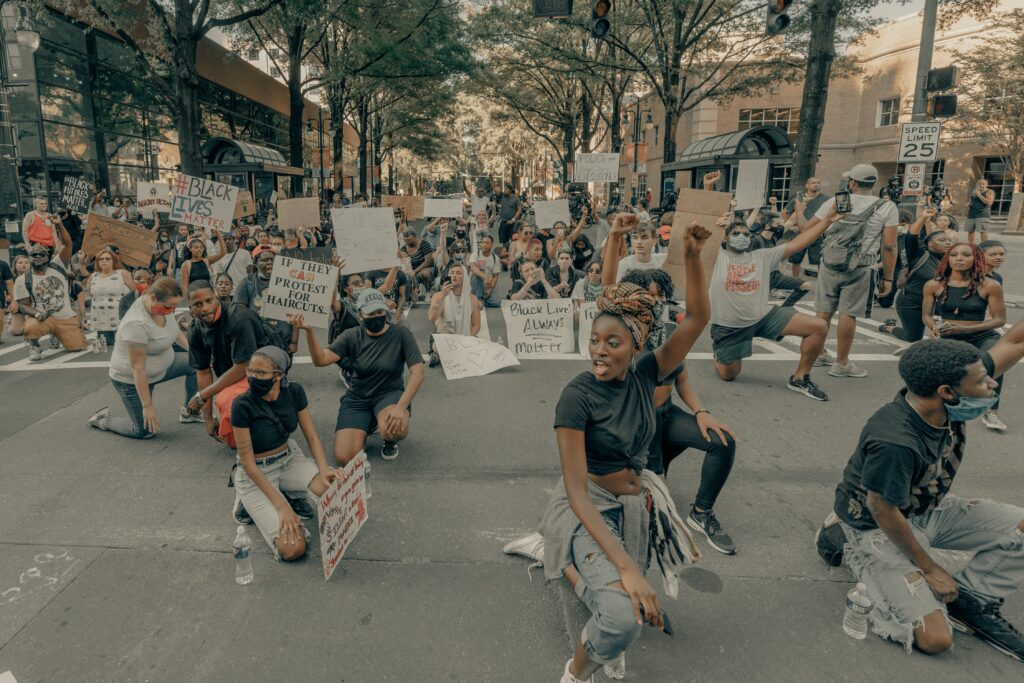Black History Month matters now more than ever
The message of Black History Month is more essential than ever, but now is the time for action.
Black History Month 2021 began with political activist Stacey Abrams being nominated for the Nobel Peace Prize and a 9 year old Black girl in a mental health crisis being handcuffed and pepper sprayed by three police officers. If ever there were reason to celebrate Black activists and icons while also shining a bright light on how white supremacy still undergirds American society, these two events highlight why. Abrams’s work fighting voter suppression has been extraordinary. That it is still needed 56 years after the passage of the Civil Rights Act and the Voting Rights Act tells us far too much about the progress yet needed to ensure Black votes are as protected as white votes.

Former President Donald Trump is still promoting the Big Lie—that he won the 2020 election—in the looming impeachment trial. But the Big Lie is predicated on invalidating Black votes in key majority Black cities in swing states, notably Philadelphia, Detroit, Milwaukee and Atlanta. And Trump’s repetition of it and its embrace by 150 members of Congress, including House Minority Leader Kevin McCarthy is what led to the white supremacist-fueled insurrection against the Capitol on January 6.
The fight against voter suppression that a young Black gay man, Bayard Rustin was leading as one of Dr. Martin Luther King Jr.’s top lieutenants, continues under the powerful work of Georgia activist and politician Stacey Abrams. Yet the celebrations of the work of Black activists like Rustin 60 years ago or Abrams now, stand against that little girl in Rochester, N.Y. at whom one police officer yelled “you’re acting like a child!” when she refused to get into his police cruiser. The 9 year old responded, “I am a child.”
Excessive and sometimes deadly force by police officers drove last summer’s Black Lives Matter racial justice protests after the murder of George Floyd in Minneapolis. The officers in Rochester have been removed from duty pending an investigation and Gov. Andrew Cuomo spoke out about the incident. That harrowing incident epitomizes the rationale behind activist calls to defund the police—shifting portions of funding for police militarization to community resources of the sort that would have intervened with that little girl in Rochester and offered her help, not pain and trauma.

The three Black women, two of whom identify as queer, who founded Black Lives Matter are activists whose names are barely known in white America. As they describe their “herstory,” Alicia Garza, Patrisse Cullors and Opal Tometi “created a Black-centered political will and movement building project called #BlackLivesMatter. It was in response to the acquittal of Trayvon Martin’s murderer, George Zimmerman.” The women describe themselves as “radical Black organizers.” They are yet more heroes to be celebrated during Black History Month, for founding a movement that has changed America by forcing white Americans to look at the damage done daily to Black Americans by a white supremacist-based culture and acculturation. How many white people on social media now have #BlackLivesMatter in their bios as a signal that they are allies? That is the power of those three women and their activism.
Black gay writer and activist James Baldwin, one of the most pivotal writers about race in America, wrote, “I can’t believe what you say, because I see what you do.” Black lesbian activist and educator Angela Davis wrote, “I’m no longer accepting the things I cannot change, I’m changing the things I cannot accept.” And radical Black lesbian writer and activist Audre Lorde wrote, “The masters tools cannot dismantle the master’s house.”

These are critically important Black queer writers whose writing and activism we revisit at Black History Month, but whose work should be referenced constantly—work that has only gained power over the years. Their deep and complex understanding of, illumination of and deconstruction of the pain and suffering wrought by racism, while also being generously willing to educate white people about that lived experience is crucial to read at this pivotal time.
This Black History Month offers celebration for all Americans, as well as soul-searching for white Americans. Every day since January 20 when she was sworn in as the first woman and first Black person to be Vice President, Kamala Harris has been present on the national stage. The fact of Harris’s presence, the fact of her election, the fact of her face as a face of Black female power in America cannot be overstated. Black History Month celebrates her myriad achievements, and celebrates the image Harris projects to the world of a Black woman—Madam Vice President—achieving the second highest office in American government in a nation built on the unpaid labor and immeasurable suffering of slaves.

President Biden has made it clear that his vice president has a pivotal and active role in all the actions of his administration—that they are sharing power. And Harris’s imprint is apparent in policy she championed as a senator and as a presidential candidate.Harris’s role in addressing the racial inequities in American society is evident in many of her recent speeches. She has explained that the use of the word “equity” rather than “equality” in Biden’s executive orders on race is crucial. She said, “Equality suggests, ‘Oh, everyone should get the same amount.’ The problem with that, not everybody’s starting out from the same place.”
The breadth of Biden-Harris’s work toward achieving racial equity is exciting as it is long overdue. Social justice, criminal justice, economic justice, environmental justice—it is all there, all part of what needs to happen in an America recognizing after the January 6 insurrection that white supremacy will not go quietly. Nearly 150 sitting Republican members of Congress voted to overturn an election built on Black votes.

Abolitionist, activist and former slave Harriet Tubman said, “I had reasoned this out in my mind, there was one of two things I had a right to, liberty or death; if I could not have one, I would have the other.” White House Press Secretary Jen Psaki said February 1 that Biden’s Treasury Department is examining how to add Tubman’s portrait to the front of the $20 bill. “The Treasury Department is taking steps to resume efforts to put Harriet Tubman on the front of the new $20 notes,” Psaki said. “It’s important that our money reflect the history and diversity of our country.” Replacing the face of a racist president with the face of a Black former slave on the most commonly used piece of American currency is a small thing—but it is a statement.
This Black History Month we celebrate the achievements of Black Americans at every level, in every field of endeavor, even as we face down the dangers of white nationalism as a looming domestic terrorist threat. As Audre Lorde wrote, “In our work and in our living, we must recognize that difference is a reason for celebration and growth, rather than a reason for destruction.”Let us celebrate all Black History Month like never before. As James Baldwin wrote, “Not everything that is faced can be changed, but nothing can be changed until it is faced.”






